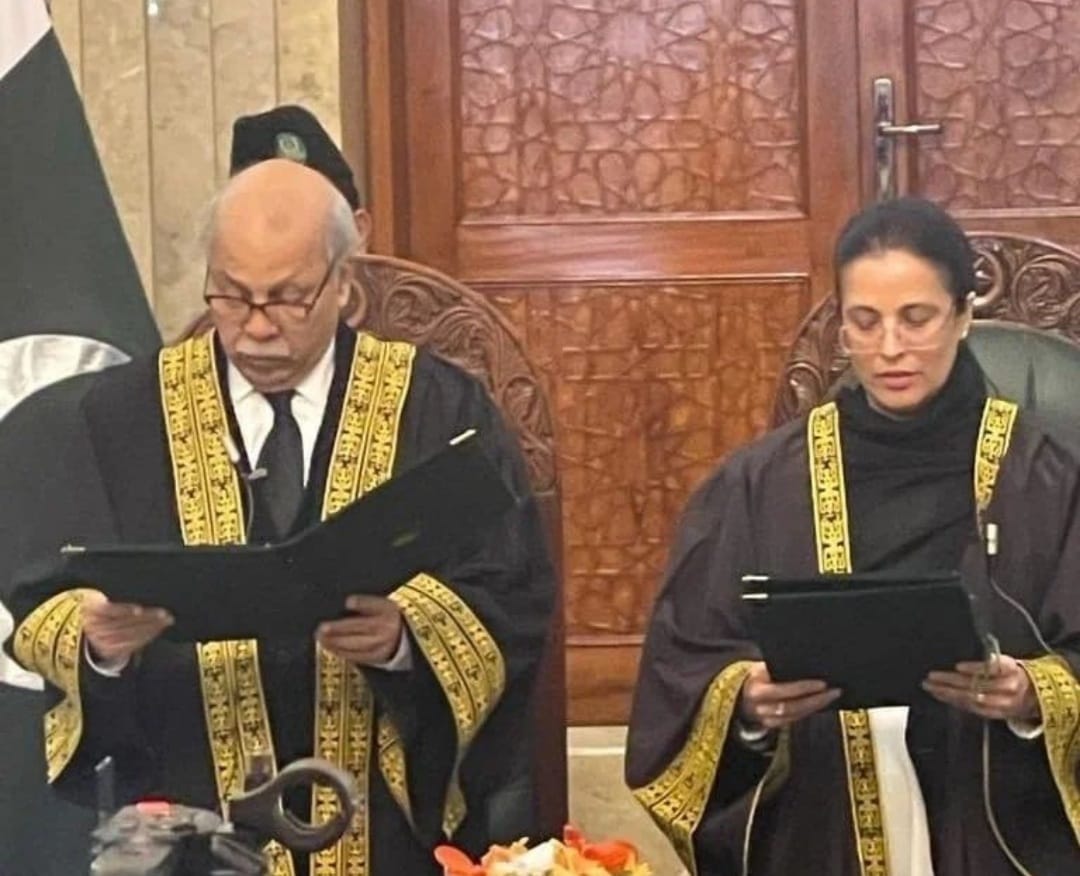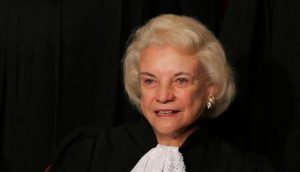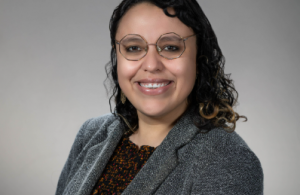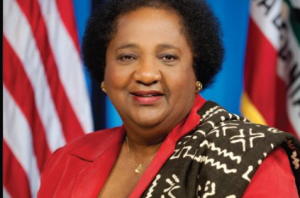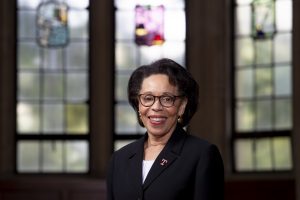Pakistan earlier last week moved closer to appointing its first woman judge of the Supreme Court after a high-power panel approved the elevation of Lahore High Court judge Ayesha Malik to the apex court.
The Judicial Commission of Pakistan (JCP) headed by Chief Justice Gulzar Ahmed has approved Malik’s elevation by a majority of five votes against four, Dawn newspaper reported.
After endorsement by the JCP, Malik’s name will be considered by a parliamentary committee. This is the second time the JCP held a meeting to decide on Justice Malik’s elevation.
Also read- Justice Ayesha Malik to be Pakistan’s first woman Supreme Court judge
She became a high court judge in March 2012, and currently, she is number four on the Lahore High Court (LHC) judge seniority list. She will be working as a Supreme Court judge until June 2031 before retiring at the age of 65.
Ayesh A. Malik was born on June 3, 1966. She has been a judge of the Lahore High Court in Pakistan since 27 March 2012. Malik had her basic education from schools in Paris and New York and did her A-Levels from Francis Holland School for Girls in London. She did her Bachelors in Commerce from the Government College of Commerce & Economics, Karachi, and her initial legal education at Pakistan College of Law, Lahore.
Also read- Sikkim’s COVID tally crosses 37,000-mark with 115 new cases
She later pursued her LL.M from Harvard Law School, Cambridge, Massachusetts, U.S.A. Ayesha’s main educational achievement was being named a London H. Gammon Fellow 1998-1999 for outstanding merit.
Malik started her initial legal career by assisting Fakhurddin G. Ebrahim at Fakhruddin G. Ebrahim & Co., Karachi, from 1997 till 2001. In 2012, she became a judge of the Lahore High Court. In 2019 she became the president of a newly formed Committee for Protection of Women Judges in Lahore.
Also read- 2 men in UP’s Bulandshahr get 20 yrs jail term for raping minor
Malik is also part of The International Association of Women Judges (IAWJ), an initiative of women empowerment through equality and justice for every girl and woman. She is an advocate of the importance of the gender perspective in upholding the rule of law. Her legal practice consists of appearances in High Courts, District Courts, Banking Court, Special Tribunals, and Arbitration Tribunals. She is married and has three children.

